
(image courtesy of Star Wars.com)
The Last Jedi is
one of the better Star Wars films I’ve seen over the years. What it does
represent is a full break with the past and new battles to be fought by a new
generation of heroes. The idea that this is the last time we’ll see the Jedi
is pretty profound historically
considering they are the backbone of the franchise with various forces (Sith,
First Order) embracing the dark side. Without the Jedi it means that going
forward the Star Wars of the future should have its own identity. The character
of Rey is so important to this thrust and one can see the possibility of
several storylines with the final shot of the film. The Skywalker legacy will still
live on through Kylo Ren but the character of Rey represents a fresh break with
such an overwhelming family legacy; the Skywalker family story being
inextricably tied to the storyline of 6 episodes of the Star Wars franchise. The Last Jedi is also a big improvement
over the very derivative The Force Awakens because it’s more
original in tis outlook. I didn’t see much traces of The Empire Strikes Back in The
Last Jedi but I did see too much traces of A New Hope in The Force
Awakens.
The Last Jedi stars, yet again, Daisy Ridley as Rey as she
come to terms with her heritage and the force within her while the Resistance
led by Leia (Carrie Fisher) faces its greatest test as the First Order is in
the ascendancy and hope appears to be extinguished. The biggest name here is Luke
Skywalker (Mark Hamill) who represents the last of the old order of Jedi and
represents the bridge between the old and the new as his two disciples will be
battling out in the foreseeable future. The other characters return such as
Kylo Ren, Finn, BB-8 & Poe. A major newcomer to the team is Rose who will
hopefully be featured more prominently going forward. His maturity in this film
is impressive when compared to the young, swashbuckling Luke Skywalker of old.
Positives
The main positive for me are the characters of Rey and Luke
Skywalker; the new and the old respectively. I was impressed with her story and
what it means for the franchise as a whole. Her story represents a significant break
with the Skywalker legacy. The story of the Star Wars franchise has been the
story of the prestigious Skywalker family and its enduring legacies. There were
other major Jedi knights before but once there was the purge and Obi wan Kenobi
died then the Skywalkers were all that’s left of the Jedi. After The Return of the Jedi it seems that
Luke trained a new cadre of Jedi knights, including Kylo Ren, but this came to
an end when Kylo Ren was seduced by the Supreme leader Snoke, one of the most
unimpressive new characters. Ren seems to have destroyed all that Luke stood
for and forced him into hiding or retreat as a failure. This film finally gives
the necessary back story and there is some connection established between Rey
and Ren but with the advent of Rey it brings back the familiar adage that a
hero can come from anywhere. This is very democratic or a good exercise in
expansive story telling. It’s actually a relief knowing that Rey might not be
yet another Skywalker. If she is then it would be very limiting to the
franchise going forward. There is a moment where Kylo Ren dismisses Rey’s
supposedly lowly heritage in comparison to he who is from a very prestigious
line. This is a major storytelling element because now that the force has
awakened it means that new heroes must emerge. The line of the Jedi might end
but the force is still present which means the way of the Jedi may become
diffused throughout the universe. It might no longer be seen as a holy doctrine
with sacred texts but will become a part of everyday life like all great
theories or practices. What will remain the same is that only a few people will
be able to use the force. The final shot at the end is telling. Maybe by the
time of Episode IX Rey will be much wiser and alongside her will be other
individuals strong with the force but not necessarily Jedis.
I loved the final
shot in the film. It reminded me of the good old days as a young person when
you would stargaze and wonder about the great universe and then think to
yourself if these great stories of Star Wars lore were real or wonder about
other forms of life in the universe. Star Wars, and others, did that for many
then, and The Last Jedi comes close
to being as evocative although I’m much older now. In the case of the child in
the final shot of this film there are great battles to be fought. It shows that
the resistance to tyranny cannot die. The resistance to tyranny is essentially
a democratic movement. There is also an important part of the film where Finn
and Rose go to a planet where the citizens are very wealthy and are living
lavishly where once it was a cesspool. One would consider that this is a
positive but when the truth is revealed showcasing the negative- that it was a
haven for war profiteers- my perspective shifted and I became aware that this
is a thinking film. It’s the first time a Star Wars film has made me think or
made me consider something realistically beyond the presentation of this
fictional world through the medium of film. Normally I watch Star Wars films at a distance
but there are several moments where shifts in perspective are so important to
understand clearly what’s going on in The
Last Jedi. Poe has to learn the hard way as does Kylo Ren and Rey, to some
extent. Rian Johnson, the director, deserves a lot of credit.
The action in this film was very impressive, especially the
space battles. The opening sequence is the most impressive action set piece I
have seen in a Star Wars film, especially as a space battle. The only other
major space battle of the Star Wars franchise that made such an impression on
me was the battle against the Death Star in A New Hope.
The visuals are also very impressive. I really liked the
layout of the island where Luke was located. It has a very organic feel and
look.
Negatives
The primary negative is that I still don’t get the First
Order. They just appeared out of nowhere led by Supreme Leader Snoke. Snoke is
such an unimpressive character and the Emperor of the previous trilogies was definitely
more sinister. This is probably because the structure of the story was much
more elaborate for the previous 2 trilogies which explains why they are still
so influential even now. Snoke and the First Order are like an afterthought. I
am just not impressed by their development. It will always stick with me that
they are a carbon copy of the original malevolent forces led by the Emperor.
The comparisons aren’t so clear cut in this film but the presence of Snoke is
so unimpressive. At first I thought he was a giant lizard but he has apparently
shrunk in this film. I hope that there is some back story in the next
installment explaining how Snoke and the First Order came about. This backstory
must have some implications for the films going forward. His bodyguards seem to
be very strong with the force as well. This will always be a weak point of this
new trilogy: no proper explanation about the rise of the First Order. Say what you want about Episodes 1-3 but in
terms of developing the political backstory they were impressive. An effective
resistance movement needs a great tyrannical force. The First Order is going
after the rebels but how much of an impact is this having on the wider galaxy.
Does the First Order have a major presence throughout the Galaxy? Are their
forces stationed throughout? I am just not convinced that the First Order is a
major force. It’s just roaming about the universe attacking the rebels. In
terms of building the universe it does not seem as effective in its
incorporation into the physical environment of the universe; the various
planets, moons etc. You just don’t get the sense that the First Order is an ever
present force apart from when you see them in space battles.
Without a proper outline of the First Order then the
resistance loses shape as well. I was not clear who the allies of the resistance
were and how widespread is the rebellion. These anonymous allies better show
themselves sooner rather than later. The resistance seems to exist in a vacuum
as well. What about the political structures which govern the galaxy? These political
structures were in place when the emperor seized control in episodes 1-3 but it’s
not clear what they are or were in this new trilogy. After this trilogy it’s
something these filmmakers will have to improve on instead of just throwing
these new developments in our face.
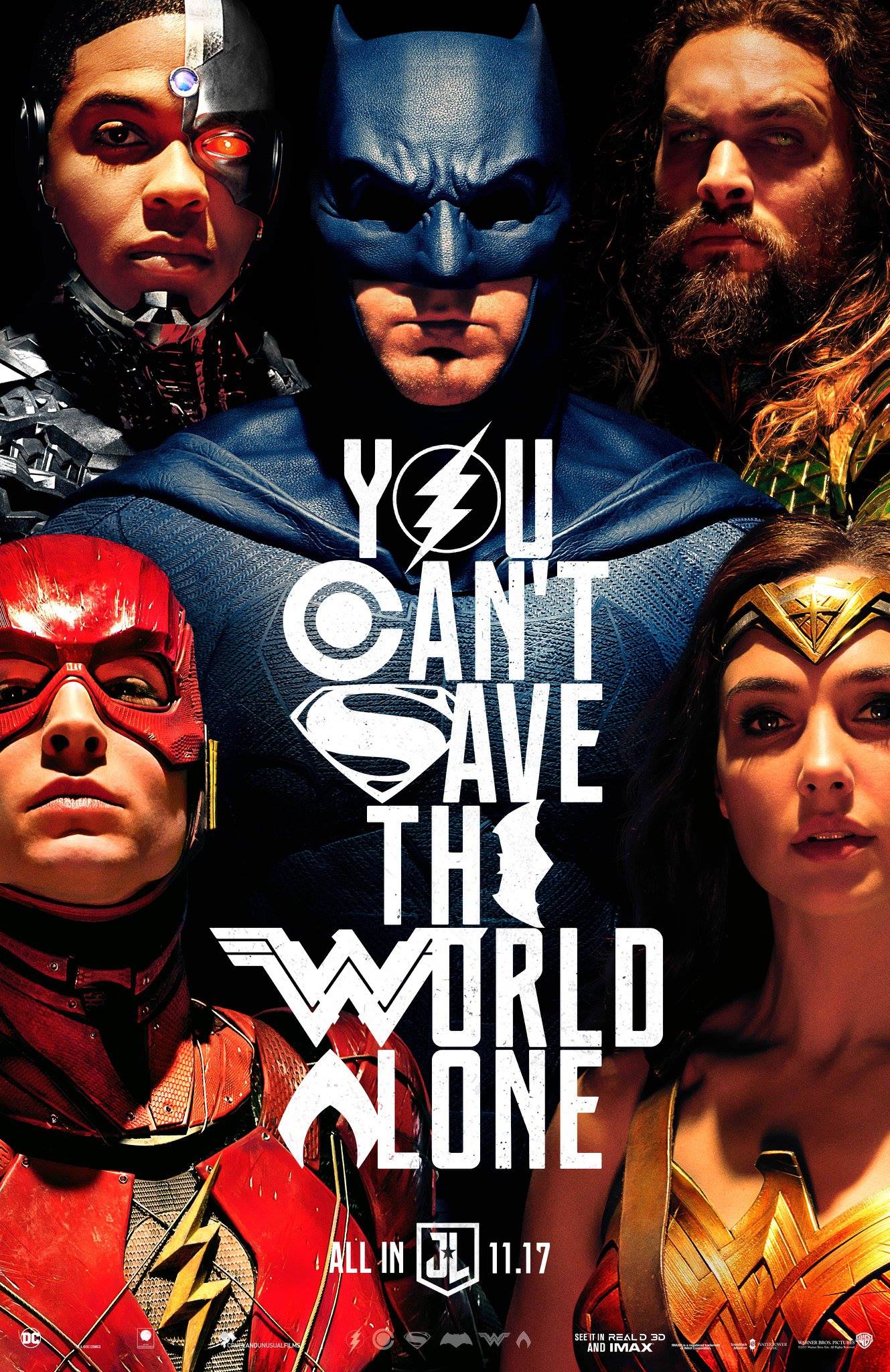
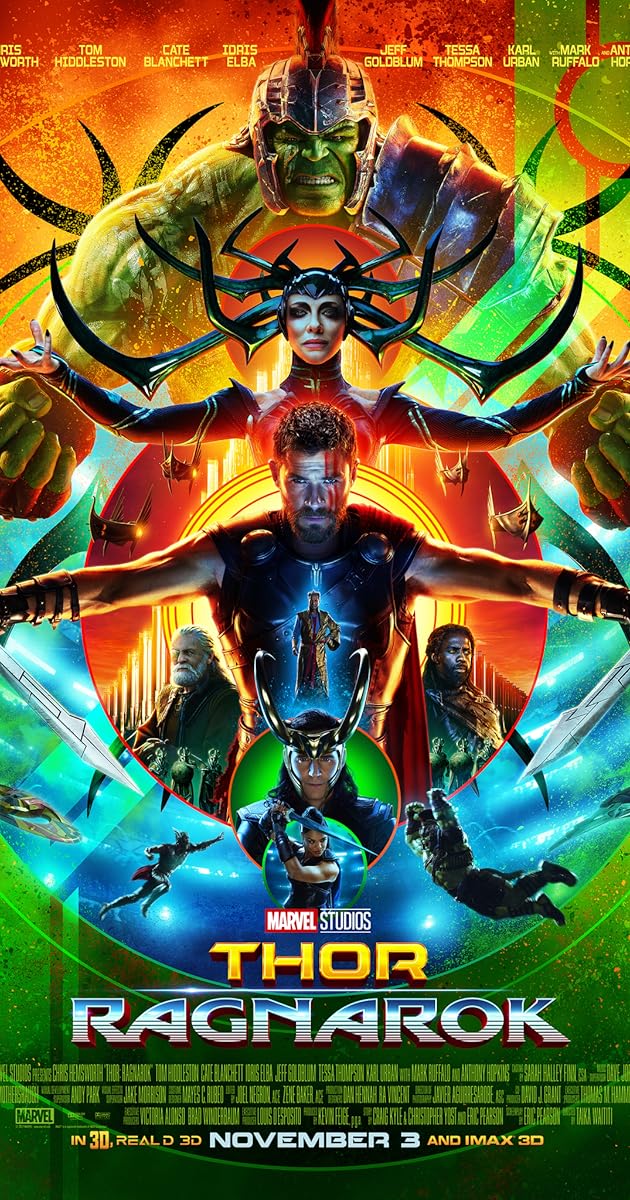





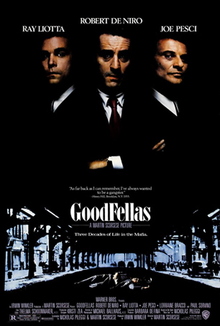
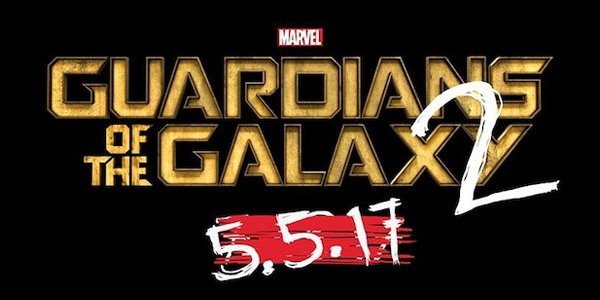
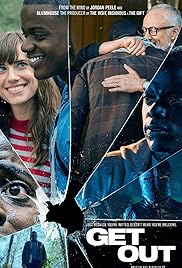

.png)